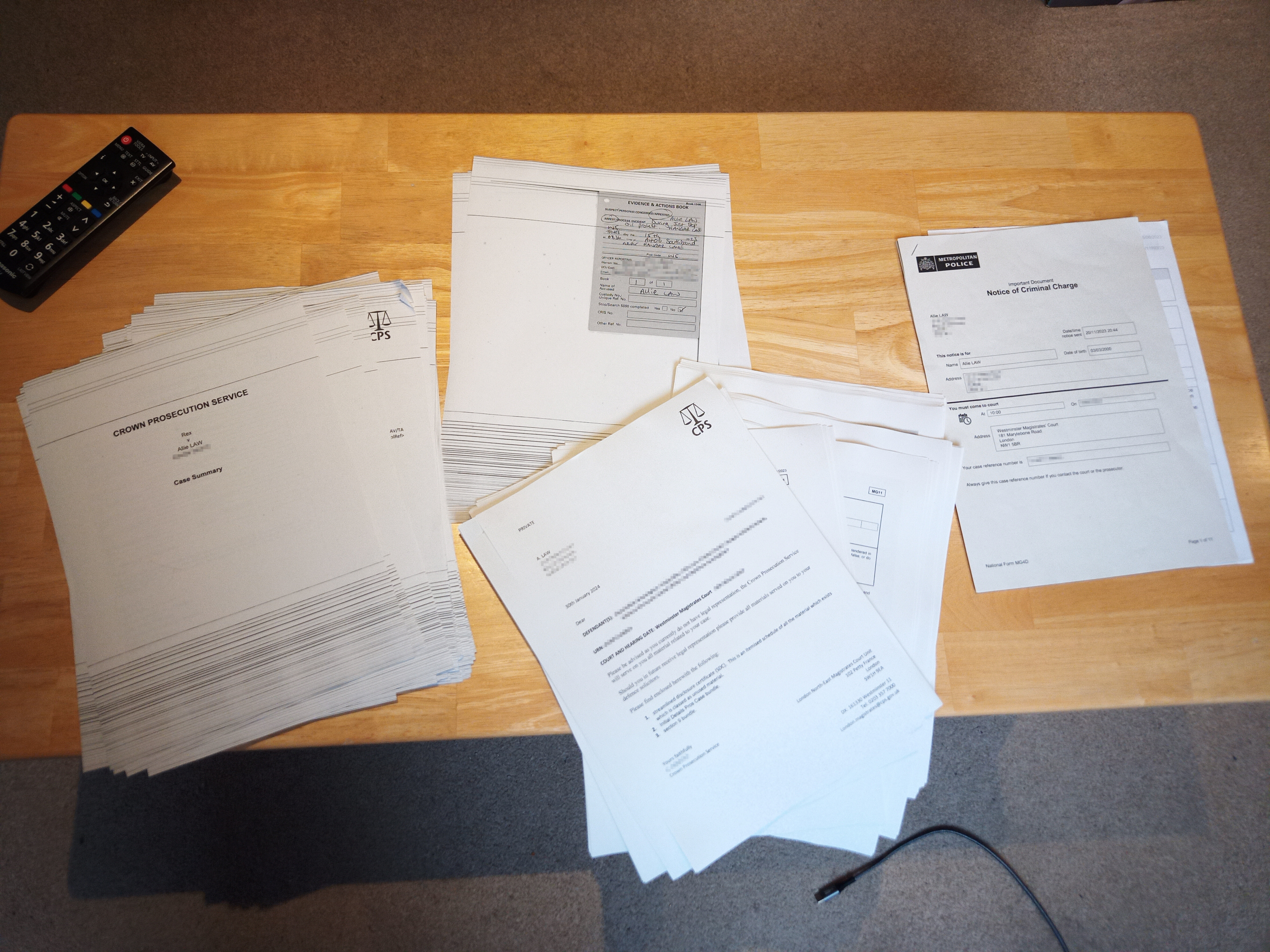The Climate Crisis
1335 readers
1 users here now
The impacts and solutions of the Climate Crisis
founded 4 years ago
MODERATORS
51
52
53
54
55
56
57
58
59
60
61
63
1
Saltwater creeps up the Mississippi River, endangering drinking water for millions
(www.peoplesworld.org)
64
65
67
68
13
‘Game-changer’: judge rules in favor of young activists in US climate trial
(www.theguardian.com)
69
31
Experts fear US carbon capture plan is ‘fig leaf’ to protect fossil fuel industry
(www.theguardian.com)
70
71
72
73
74
75



